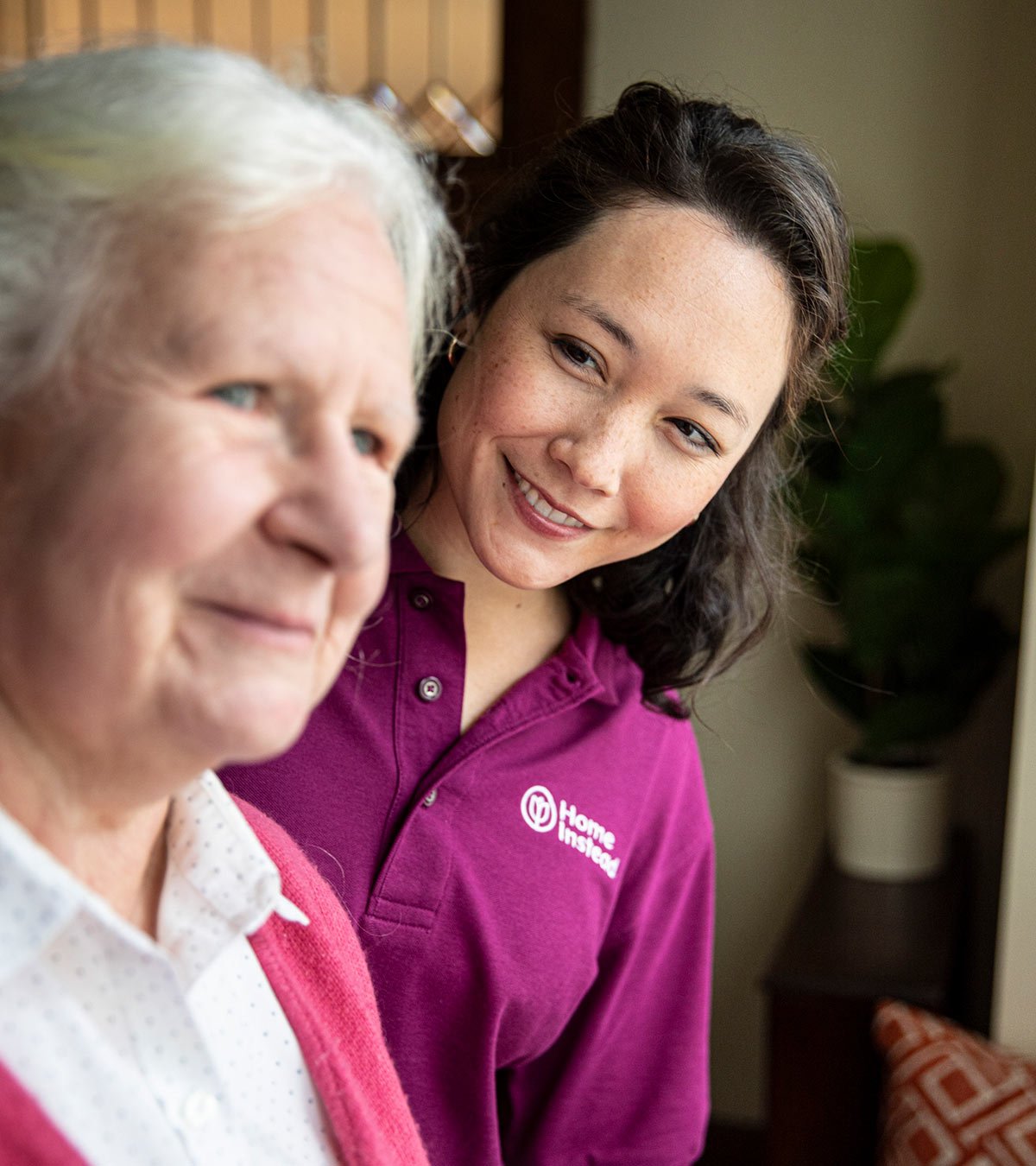Caring for a loved one with dementia can be a challenging and overwhelming experience. As a caregiver, it is important to have effective strategies and support to provide the best possible care for your loved one while maintaining their comfort and independence. In this article, we will explore various strategies and resources that can help caregivers navigate the unique needs of dementia patients, with the support of Home Instead senior in-home care services.
Understanding Dementia
To effectively care for someone with dementia, it is essential to have a basic understanding of the condition. Dementia is a progressive decline in cognitive function, affecting memory, thinking, and behavior. Common types of dementia include Alzheimer's disease, vascular dementia, and Lewy body dementia. Each type has distinct symptoms and progression patterns, which can impact caregiving approaches.
Creating a Safe and Stimulating Environment
Dementia patients often struggle with their environment, which can lead to confusion, agitation, and accidents. Creating a safe and stimulating environment can significantly improve their quality of life. Some strategies include:
- Reducing clutter and hazards: Clearing walkways, removing unnecessary furniture, and securing loose rugs can prevent falls and injuries.
- Labeling and organizing: Using labels and color-coded systems for drawers, cupboards, and rooms can enhance independence and reduce frustration.
- Familiarity and routine: Maintaining a consistent daily routine and keeping familiar objects, photographs, and mementos in sight can provide a sense of familiarity and comfort for dementia patients.
Effective Communication Techniques
Communication can become challenging as dementia progresses. Employing specific techniques can help caregivers effectively communicate with their loved ones:
- Use simple and clear language: Avoid complex sentences or overwhelming questions. Speak slowly and clearly, using short and concise sentences.
- Non-verbal cues: Body language, facial expressions, and touch can convey emotions and messages when words fail. Maintain eye contact and use gentle touch to provide reassurance.
- Active listening: Give your loved one time to express themselves and avoid interrupting. Reflect their feelings and validate their emotions to foster trust and understanding.
Managing Challenging Behaviors
Dementia patients may exhibit challenging behaviors such as aggression, agitation, or wandering. Understanding the underlying causes and employing appropriate strategies can help mitigate these behaviors:
- Identifying triggers: Observe patterns and identify triggers for challenging behaviors. Stress, fatigue, pain, or environmental factors can contribute to such behaviors. Addressing the underlying cause can help prevent or minimize them.
- Diversion techniques: Offer alternative activities or distractions when challenging behaviors arise. Engaging in calming activities, such as listening to music or looking at photo albums, can redirect their attention and reduce agitation.
- Professional support: Consider seeking professional help from Home Instead's senior in-home care services. Experienced caregivers can provide specialized assistance and guidance in managing challenging behaviors and ensuring the safety of your loved one.
Seeking Support
Caring for a loved one with dementia can be emotionally and physically draining. It is crucial for caregivers to seek support to maintain their own well-being:
- Support groups: Join local or online support groups for caregivers of dementia patients. Sharing experiences, insights, and challenges with others who understand can provide valuable emotional support and practical advice.
- Respite care: Take breaks from caregiving by utilizing respite care services. Home Instead offers respite care, allowing caregivers to recharge while their loved ones receive compassionate care from trained professionals.
- Home Instead's senior in-home care services: Consider partnering with Home Instead's experienced caregivers for additional support. Their personalized care plans can enhance the well-being of both the caregiver and the dementia patient, ensuring comfort and independence at home.
Conclusion
Caring for a loved one with dementia requires effective strategies and a strong support system. By understanding the unique needs of dementia patients and utilizing resources like Home Instead's senior in-home care services, caregivers can provide exceptional care while prioritizing the comfort and independence of their loved ones. Remember, you don't have to navigate this journey alone. Take advantage of the available support and make a world of difference for both you and your loved one.
To learn more about how Home Instead's senior in-home care services can support you in caring for a loved one with dementia, visit our website. You don't have to face this journey alone. Let Home Instead be your partner in providing compassionate care and ensuring comfort and independence at home.


